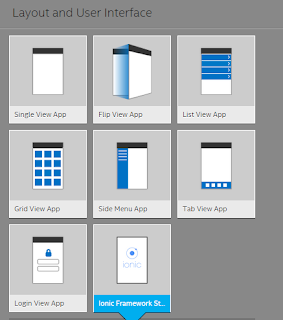In Microsoft Windows 10 rationality takes center stage
Verily, I say unto you, out of chaos a star is born
Microsoft created a number of OSs to address diverse devices it had to contend with. This has resulted in a number of OSs with their own toolset and deployment strategies: such as,
However devices are not built the same way across device types.
In addition to Windows 10 UAP you would also need to target your application to specific device family be it desktop, be it mobile, or something different. So one way to address this is by adding reference to extension SDK for the device family.
Here is how you would add a reference to Windows Mobile extension SDK from an article by Nick Randolph
In a real world diverse devices exist with their own specificities driven by economic, manufacturing, cultural diversities and UAP by itself cannot address all the myriad variations.
Hence, for example going forward one may need to do further by providing a device targeted XAML in addition to a default XAML page so that User Experience is fully optimized.
As a device may or may not support a feature (depending on the vendor) a logical question like, IsTypePresent would determine upfront how to go forward with coding.
I would recommend reading Nicks' article in Visual Studio Magazine alluded earlier to get a full picture of where we are heading.
Microsoft created a number of OSs to address diverse devices it had to contend with. This has resulted in a number of OSs with their own toolset and deployment strategies: such as,
- Windows CE
- Windows Embedded
- Windows Mobile
- Windows Desktop
- Windows Server
- Xbox OS
However devices are not built the same way across device types.
In addition to Windows 10 UAP you would also need to target your application to specific device family be it desktop, be it mobile, or something different. So one way to address this is by adding reference to extension SDK for the device family.
Here is how you would add a reference to Windows Mobile extension SDK from an article by Nick Randolph
Hence, for example going forward one may need to do further by providing a device targeted XAML in addition to a default XAML page so that User Experience is fully optimized.
As a device may or may not support a feature (depending on the vendor) a logical question like, IsTypePresent would determine upfront how to go forward with coding.
I would recommend reading Nicks' article in Visual Studio Magazine alluded earlier to get a full picture of where we are heading.




Comments